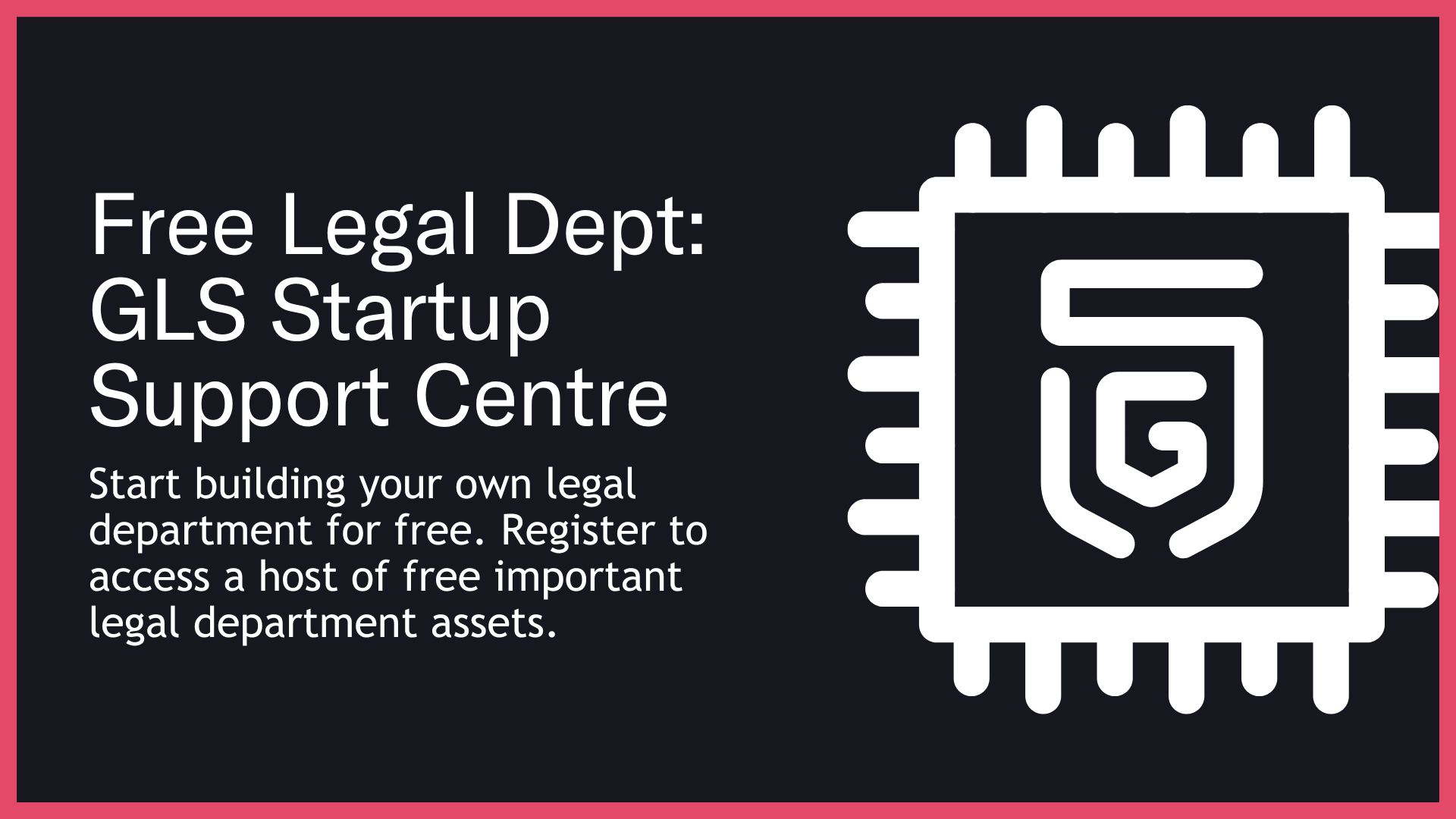GLS Legal Support Centre
Legal Made Easy For Startups
Back
Pre-Launch Phase
Introduction
“Regret is heavier than failure. The only thing worse than trying and losing is never trying at all.” – Matt Glynn
If you’re reading this, chances are you’ve felt it -that relentless itch that says you’re meant for something more than clocking in and out for someone else’s dream.
The Pre-Launch Phase isn’t about shareholders, legal documents, or balance sheets - it’s about the spark. That whisper that becomes a roar: I should be building my own thing.
This is not just a business phase - it’s a life phase. It’s when courage wrestles your comfort zone. But acting on the dream must be done responsibly. Do you have the means? The resources? What does this mean for your family, your mental health, and your soul?
Spoiler: there’s never a perfect time to launch. Some of the greatest companies in history began in chaotic, imperfect conditions. The difference? Someone decided to act.
Why Getting This Right Really Matters
The Pre-Launch Phase is a critical stage in the start-up journey because:
◼️Life Direction: Decide whether to live on autopilot or take control of your destiny.
◼️Mental Energy: Your vision is at its purest and most motivating.
◼️Opportunity Window: The earlier you act, the faster you capture market gaps.
◼️Personal Growth: Launching a start-up forces you to develop resilience and new skills.
◼️Legacy Creation: Build something that could outlast you.
◼️Family Impact: This decision can change your family’s financial and lifestyle path.
◼️Self-Respect: Avoid the ache of “what if.”
◼️Wealth Potential: Early movers often see greater long-term upside.
◼️Creative Freedom: Design the rules, culture, and vision yourself.
◼️Life Satisfaction: It’s about more than money -it’s about becoming who you’re meant to be.
Consequences of Not Acting
Personal Implications
◼️Permanent Regret: Living with “what if” can haunt you for decades.
◼️Lost Confidence: Ignoring your instincts erodes self-belief.
◼️Frustration Cycle: Staying in an unfulfilling role breeds resentment and stagnation.
Relationship Implications
◼️Family Disconnect: Loved ones sense and absorb your unhappiness.
◼️Missed Example: You fail to model courage and ambition to those around you.
Financial Implications
◼️Lost Opportunity: The market moves on, competitors fill the gap.
◼️Wealth Cap: Salary ceilings keep you locked into predictable, limited income.
Emotional Implications
◼️Burnout: Doing work you don’t love drains your energy.
◼️Unrealised Potential: You never become the version of yourself you were capable of.
What You Should Be Doing
1. Clarify Your Vision - Define exactly what you want to build and why; write it down as your anchor.
2. Assess Your Resources - Review time, finances, skills, and support networks; identify and address gaps.
3. Prepare Your Support System - Discuss your intentions with family and friends; secure emotional and practical backing.
4. Start Small, Act Fast - Validate your idea on the side; momentum matters more than perfect conditions.
5. Plan Your Transition - Map the steps between today’s reality and tomorrow’s launch.
6. Commit to Learning - Fill knowledge gaps in business, finance, and law.
The above are just a few of the steps you can consider taking.
How These Risks Can Play Out - Case Studies
Case Study 1: Jimmy Had a Dream
Jimmy was a mid-level marketing manager at a large insurance company. For years, he nursed an idea for a surf brand inspired by his coastal hometown - unique designs, sustainable fabrics, a community-driven ethos. But Jimmy told himself it wasn’t the “right time.” First, he wanted to pay off the car. Then save for a house. Then build more industry contacts.
Years passed. The fire dulled. He fought for promotions he didn’t care about, commuted two hours a day, and spent Sundays dreading Mondays. His surf brand never left the notebook. Jimmy retired with a decent pension, but no stories worth telling. His idea - and the life it could have brought - died with him.
Case Study 2: Sara Blakely -Spanx
In 1998, Sara was selling fax machines door-to-door in Florida. She had no background in fashion or manufacturing, but she had an idea - cut the feet off pantyhose for a smoother look under white trousers. She invested her $5,000 savings, researched patents, and hustled to get a Neiman Marcus buyer meeting. Friends told her it was too risky.
Sara ignored them. Spanx launched, and by 2012 she became the youngest self-made female billionaire in the world. She didn’t wait for perfect timing -she acted with belief, persistence, and vision.
Case Study 3: Phil Knight -Nike
While working as an accountant, Phil had a wild idea: import high-quality running shoes from Japan. He didn’t quit immediately - he sold shoes from his car at track meets. Partnering with his former coach, he reinvested every dollar back into the business. That side hustle became Nike, one of the world’s most recognised brands. Had he waited for perfect timing, it wouldn’t exist.
How GLS Can Help
GLS can help you turn your Pre-Launch Phase into a launch-ready business. Services include:
◼️Business idea validation from a legal and commercial perspective
◼️Risk assessment for market entry
◼️Advice on founder alignment and contributions
◼️Guidance on IP protection from day one
◼️Drafting pre-incorporation agreements
◼️Regulatory landscape checks for your sector
◼️Funding readiness assessments
◼️Structuring equity for early contributors
◼️Compliance strategies for initial operations
◼️Access to specialist start-up legal support
Useful GLS Resources for StartUps
◼️GLS Start Up Centre: www.gls-startuplaw.com
◼️GLS Knowledge Hub: https://www.gls-startuplaw.com/blog
◼️GLS Support Plan: https://www.gls-startuplaw.com/plans
◼️GLS Legal On Call™: Free Trial
◼️Book A Consult: Free Consultation
◼️GLS Start Up Clinic: Join our next pro bono clinic

